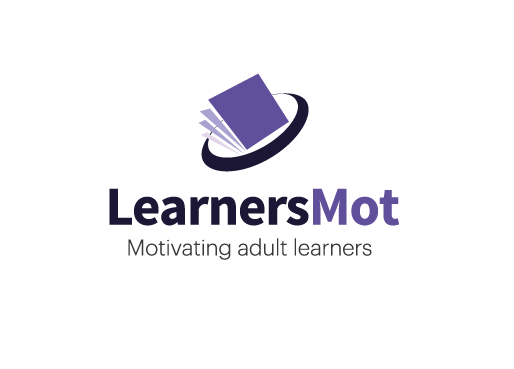

Author :
The Slovenian Ministry of Education, Science and Sport and Slovenian Institute for adult education
Duration :
62 hours program
Target group of learners:
Targer group were experts from the social sciences with a university degree, or graduates of other courses. They must have successful experience with coaching, counselling or other educational and/or socio-cultural work with less-educated adults.
Institutions involved :
Slovenian Institute for adult education, adult educational centres
Goals / Objectives :
The basic purpose of this program was to meet the needs of future teachers ' competence in programm:UŽU – MDM. This means that the educators have the necessary knowledge and skills to carry out the program, and to giving them a feeling of success at work and, consequently, in life.
Main goal of the project was to meet the specific needs of the particular knowledge and skills the teachers need to in literacy and development programmes of the fundamental capabilities of the less-educated employees. The basic objective of the programme was, therefore, to future teachers to acquire practical knowledge and skills for teaching adults in the program UŽU-MDM.
Structure / Contents :
Organisation of basic teacher training UŽU-MDM consists of Group (optimal) 25 participants. Direct learning in the study group tooked the form of workshops and lectures in more or less concentrated period of time. A complete program for teachers (including preparation and evaluation of the implementation plan) was carried out in accordance with conditions which they lay down on the one hand the possibility to carry out a public programme UŽU – MDM, the other life circumstances and expectations of learning groups and each participant of the program.
Contents of the programm:
SET 1: THEORETICAL FOUNDATIONS AND MODELS FOR WORKING WITH VULNERABLE ADULTS
- Literacy as a social and cultural phenomenon
- common characteristics of vulnerable and excluded groups for adults
- animation of the target groups, the removal of barriers
- Modern cognitive theories of adult learning
SET 2: CONTEMPORARY SLOVENIAN PROSTOPI TO WORK TO WORK WITH VULNERABLE ADULTS
- interpersonal relations and dynamics within study group
- the role and the Mission of the teacher when working with vulnerable groups and its professional development
- -the development of the fundamental capabilities of adults in learning projects, project-based learning design
- monitoring and evaluating individual progress (PLUS, the folder of academic achievement) during program execution
SET 3: THE DEVELOPMENT OF THE FUNDAMENTAL CAPABILITIES FOR LIFE PERFORMANCE
- Model of the fundamental capabilities of programs UŽU
- development of mathematical fundamental ability in adults
- The development of reading ability in adults
- developing written abilities in adults
Methods / Animation :
The program was designed for teachers who work with less educated adults. Teachers have already had experience with this part, so it is also a program based on the experience and exchange of good practice, dialogues, games, applications and practical products.
Evaluation / Feedback :
After completing the training, the participants passed a written test of knowledge. After the completion of each set of content through dialogues, games, applications and practical products we determined the progress of participants.
The participants also completed the evaluation through which they evaluated the program itself, teachers, consultants with whom they have worked hard and with possible suggestions for improvement.
Certified by / Not certified :
The participants at the end of the program receive certificate from the Ministry of education and sport. Additionally they get also the certificate of professional training staff in education.
"The European Commission support for the production of this publication does not constitute an endorsement of the contents which reflects the views only of the authors, and the Commission cannot be held responsible for any use which may be made of the information contained therein"